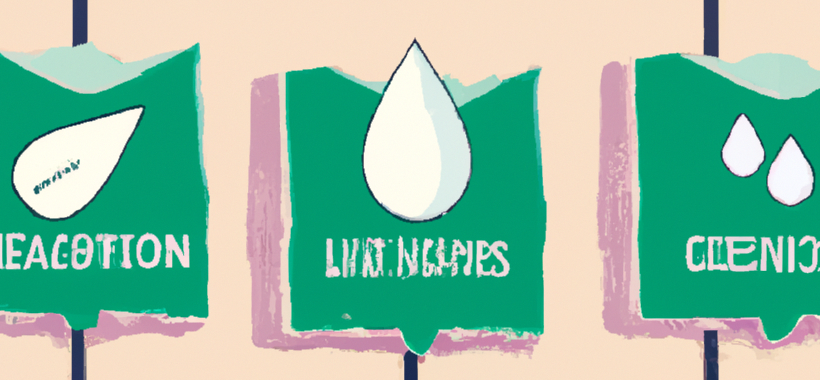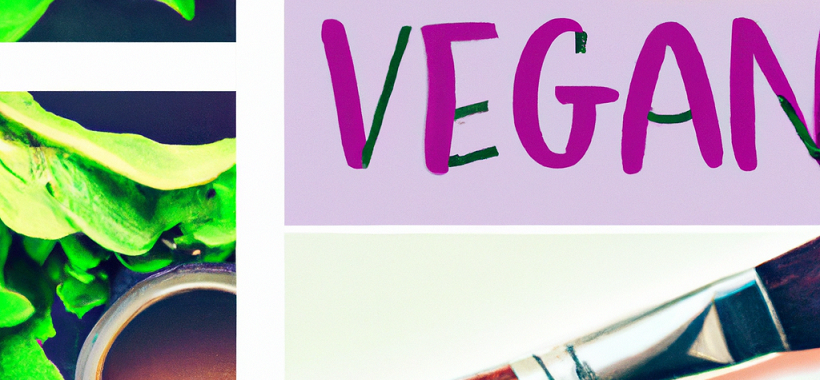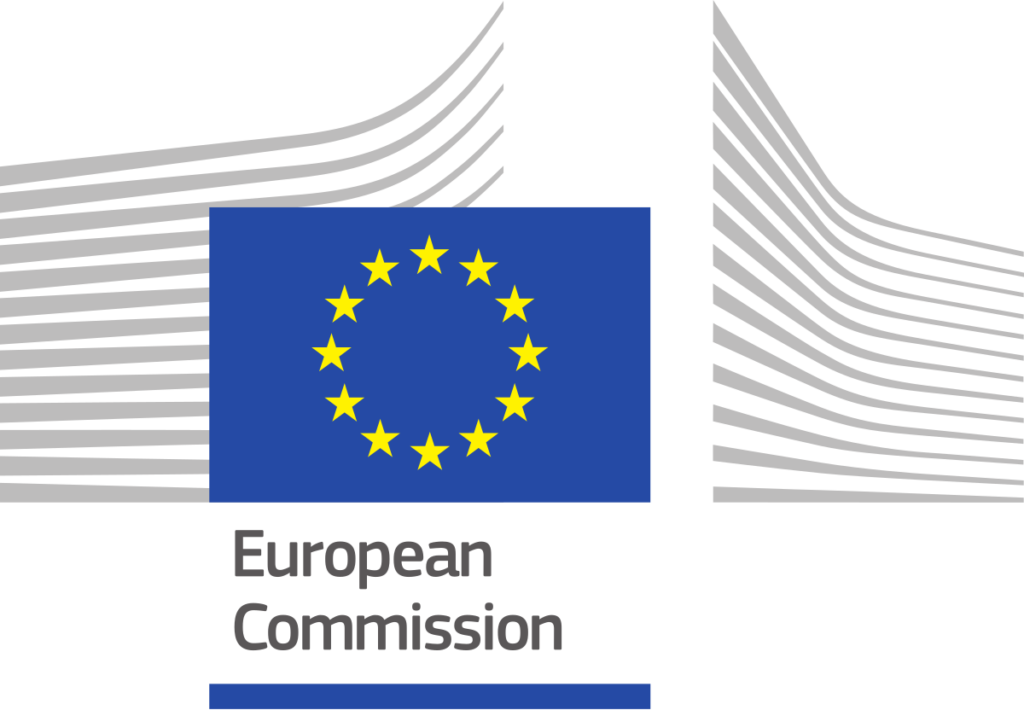The European Commission wants to stop greenwashing by setting clear rules for companies to prove their green claims. It also wants to make environmental labelling schemes more transparent and reliable.
A 2020 study found that many green claims were vague, misleading or unsupported by evidence. This makes it hard for consumers to choose sustainable products and trust them. The Commission also found that there were too many environmental labelling schemes in the EU, and some of them were weak or not verified.
The new proposal covers explicit green claims, which are text-based claims about the environment that are voluntary and not regulated by other EU laws.
The proposal says that companies have to:
- Say if the claims apply to the whole product or part of it (e.g., only the packaging);
- Consider the product’s life cycle and all relevant environmental impacts and aspects;
- Not claim something that is already a legal requirement;
- Use both primary (company-specific) and secondary (literature-based) information in the assessment.
- Get their claims checked by national independent accredited bodies (verifiers)
The verifiers will have to:
- Check the accuracy and reliability of the claims;
- Report any false or misleading claims to the national authorities;
- Publish the verification results on a public database.
The proposal also sets out rules for environmental labelling schemes. They will have to:
- Be transparent about their criteria, methods and verification procedures;
- Be based on scientific evidence and updated regularly;
- Be accessible and affordable for all types of companies, especially small ones.
The proposal aims to create a level playing field for companies and increase consumer confidence in green products. It also supports the EU’s green transition and its climate goals.
The proposal is now under discussion by the European Parliament and the Council. It is expected to enter into force in 2025.


